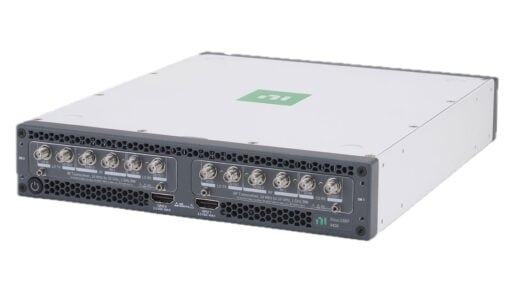In automotive, avionic, aerospace and military applications, electronic components are often under extreme stress. DRAM-memory ICs store data by holding an electric charge in capacitors. High temperatures cause the leakage of the capacitors to increase rapidly, leading to transient single bit errors, also called soft-errors. In addition, the DRAM cells tend to degrade quickly under stress, which further reduces the data-retention time of the cells, making it difficult to guarantee a soft-error-free long-term operation. Most manufacturers of automotive DRAM require a doubled or quadrupled refresh-rate to work against these physical limitations of DRAM cells. Besides the fact that higher refresh-rates consume more power and generate more heat-dissipation, this method still carries a high risk due to the unknown degradation that may lead to random soft-errors after only weeks or months of use of the DRAM product.
I’M Intelligent Memory’s XR DRAMs operate up to 125°C without the requirement to increase the refresh-rate. Featuring integrated ECC, the devices correct single-bit-errors caused by heat, radiation or degradation. In addition, bit-pattern-dependant bit-flips and permanent single-bit hard-errors are covered by the on-chip ECC logic.
Joseph Chan, General Manager of Intelligent Memory, explained: “I’M is aiming to set new a standard for DRAM reliability for the safety-critical industry. Our XR DRAM have already proven their radiation-hardness. Now we want to show the automotive and avionic market that I’M has the perfect solution for the increased demands of high operating temperature and reliability without any performance-loss. Our products are made for the markets that require long-term availability without revision shrinks.”







